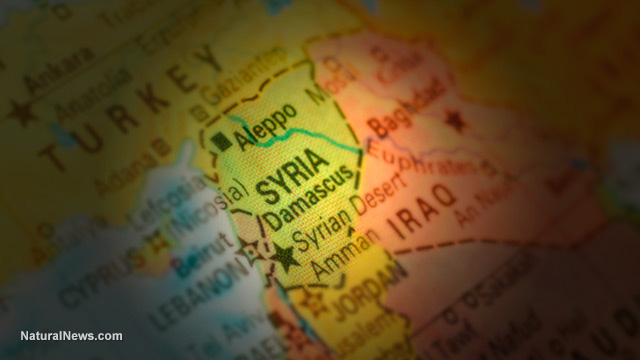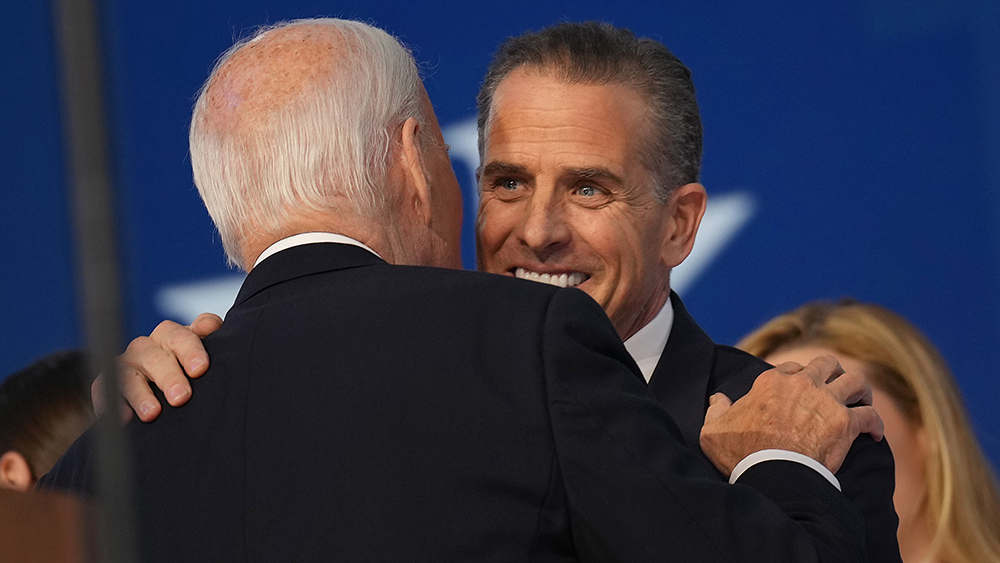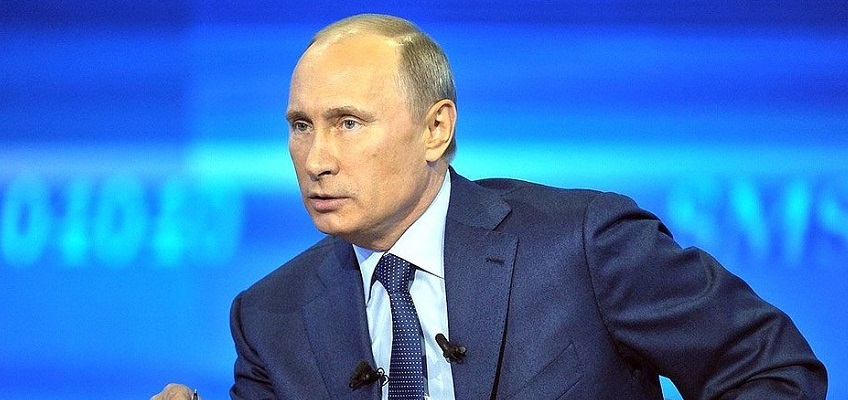 Parler
Parler Gab
Gab
- Trump accuses Turkey of being the driving force behind Assad's downfall in Syria, claiming it's a covert mission by the NATO member state to challenge Assad's regime.
- The claim highlights Turkey's significant influence in the region, its actions in Syria, and the complex historical relationship between Turkey and Syria.
- Trump's accusation could have significant geopolitical implications, potentially straining NATO relations and highlighting the alliance's limitations.
- The situation is complicated by the conflicting views of Trump's critics and supporters regarding his foreign policy and its impact on international discussions and diplomacy.
- Trump also issues a stern warning to Hamas, threatening "all hell to pay" if 250 Israeli hostages in Gaza are not released before his inauguration.
Trump warns Hamas will have "all hell to pay" if it does not release the hostages before his inauguration
Meanwhile, Trump has warned Hamas that the group will have "all hell to pay" if the 250 Israeli hostages in Gaza are not released before his inauguration on Jan. 20, 2025. In a recent interview with reporters, Trump refused to specify what "all hell to pay" actually entails but promised that "it won't be pleasant." The situation is only made more complex by the release of a heart-wrenching video from Hamas, featuring Israeli-American hostage Edan Alexander, a 20-year-old soldier who tearfully pleaded for his release. The video has sparked outrage and sympathy, putting immense pressure on Israeli Prime Minister Benjamin Netanyahu's administration to secure a swift resolution to the crisis. Amid this volatile backdrop, a ray of hope has emerged. A senior Palestinian source has revealed to Middle East Eye that both sides are closer than ever to reaching a ceasefire deal. The emergence of this "new dynamic" in talks between Israel and Hamas marks a significant shift, suggesting that a resolution to the crisis might be within reach. According to the source, the recent ceasefire in Lebanon provides a blueprint for a similar agreement in Gaza. (Related: SUDDEN PEACE? Trump win causes Yemen's Houthis to halt war on U.S. Navy… for now, at least.) Visit Trump.news for more stories about the president-elect. Watch the video below that talks about the Israeli army continuing to saturate Syria with heavy equipment. This video is from Cynthia's Pursuit of Truth channel on Brighteon.com.More related stories:
Trump's incoming Middle East envoy Steve Witkoff pushing for Gaza ceasefire deal ahead of January inauguration. Middle East tensions flare up as Netanyahu declares Israeli occupation of Golan Heights will be FOREVER. With Trump's victory, America's long national nightmare is over. IDF's more than 300 airstrikes wipe out 80% of Syrian strategic military assets.Sources include:
MiddleEastEye.net AlJazeera.com Brighteon.comPhotos unveil then-VP Biden’s secret meetings with son Hunter’s China connections
By Belle Carter // Share
Survivors of Azerbaijan Airlines Flight J2-8243 heard “loud bangs” as if the plane had been struck
By Lance D Johnson // Share
WHO Chief Tedros narrowly escapes death in Israeli airstrike on Yemen airport
By Willow Tohi // Share
Russia says they stopped a Ukrainian ASSASSINATION plot targeting a military officer and a blogger
By Lance D Johnson // Share
Operation Choke Point 2.0: The federal government’s war on legal businesses
By Willow Tohi // Share
Governments continue to obscure COVID-19 vaccine data amid rising concerns over excess deaths
By patricklewis // Share
Tech giant Microsoft backs EXTINCTION with its support of carbon capture programs
By ramontomeydw // Share
Germany to resume arms exports to Israel despite repeated ceasefire violations
By isabelle // Share










